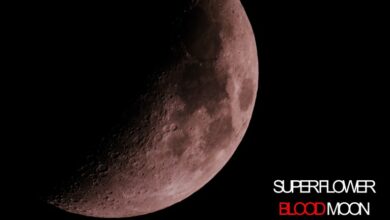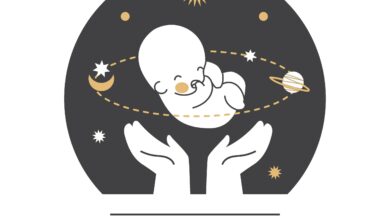A
A
A
September is a month of transition. Long, clear summer nights turn to crisp mornings as the fall equinox approaches. Leaves will start turning vibrant oranges, yellows, and reds. The once common sound of birds chirping in the morning will become more and more distant. Short sleeves turn into long sleeves to protect from the chilly fall breeze. Before summer officially ends, you may find yourself looking up at the cosmos and wondering, what will September bring?
While you are looking up at the vast night sky, you may notice an extra star nestled near Aquarius. Only, that isn’t a star you are seeing, it’s Neptune. At this time each year, we find Neptune at opposition. That is to say, the Earth is passing between the Sun and the planet. This is the closest we will be to the eighth planet during our annual orbit. I used to believe that Galileo, armed with his ancient telescope, was the first to discover our eighth planet. He certainly saw something in the sky where Neptune would have been. He meticulously recorded his sighting, but it is now more commonly held that he thought he was merely seeing a new star. It isn’t until the mid-1800s that Neptune is confirmed to have been seen as a planet. As late as 1998, scholars were still arguing over who should have credit for the discovery of Neptune. Even the naming of the planet wasn’t without controversy, but eventually, Neptune was accepted worldwide. A moniker from Greek or Roman mythology does seem to be the most fitting. It is actually unlikely that you would see Neptune with the naked eye. Even though it will be at its closest point to us, the eighth planet is still far, far away. However, a pair of strong binoculars, or a telescope will suffice to see Neptune in all of its glory. Even so, Neptune may simply look like a new star popped up in the Aquarius constellation. Read on to learn more on what our astrologers had to say about September.
Read More »
Speaking of astrology, if you look to your horoscope this month for guidance, it is likely to be full of more questions than answers. Neptune may be visible, but it is named after the Roman water god, and water distorts images. Water can also be mesmerizing and lends itself towards fantasy. It will be harder to concentrate, and everything will be less clear. You may be looking to find new love in your life, or to rekindle an old flame. Both are quite alluring, but like a mirage, you will find nothing when you arrive. Still, the full moon this month provides an excellent opportunity for a date. Basking under the moonlight with a bottle of wine and meaningful conversation sounds like a good plan.
The September full moon is normally the harvest moon. The harvest moon is the full moon closest to the autumnal equinox, and this year, that falls in early October. This September’s full moon is referred to as the corn moon. Early Native Americans named the moons each month to correspond with something naturally occurring. Each year the September full moon indicates that it is time to harvest the corn. Some cultures also refer to this moon as the barley moon, since it is when you need to thresh your ripened barley. This also marks the time of year when days and nights are of nearly equal length. From here on out, nights will be getting longer in the northern hemisphere.
Just because nights are longer, doesn’t mean you will be lost in the dark. The SpaceX GPS III SV04 launch is currently slated for September 30th at 5 pm PDT. Earlier this summer, the U.S. Space Force delivered the fourth Global Positioning System (GPS) III satellite to Cape Canaveral. Once the GPS III Space Vehicle (SV) passes through final testing, everything will be ready for blast off. The history of GPS starts with the historic launch of Sputnik I. Initially, the satellites were used for military purposes. It wasn’t until a plane crash in 1983 that the U.S. government decided that GPS should be available for civilian use. This new satellite will join the GPS constellation, which currently boasts 31 operational satellites. These satellites are strategically configured so that global position can be accurately obtained from virtually anywhere on the planet. The GPS III’s are meant to enhance and protect an already robust system. All users will benefit from a general increase in the quality of this service.
This September looks like it will be a fascinating month. Be on the lookout for Neptune, but don’t let it lure you into a month-long fog. Enjoy a glass of wine under the full corn moon, but don’t forget to bring in your crops before the days become too short. If you find yourself lost on the way to Cape Canaveral, rest assured that the new GPS III satellite will at least help you plot a course back home.
Yes, this September will indeed be a fascinating month.






